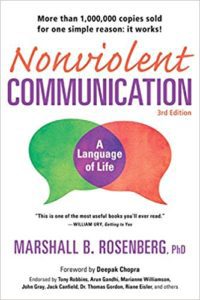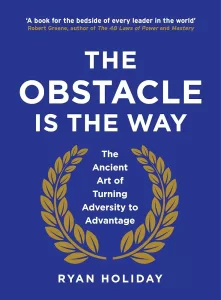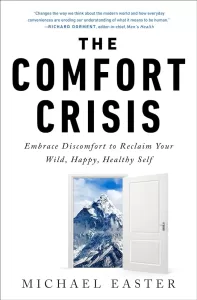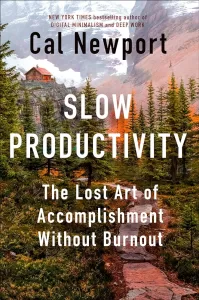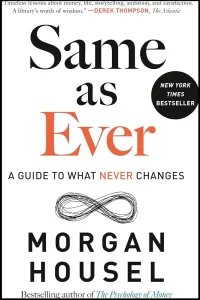Book Review: “Nonviolent Communication”
Book: Nonviolent Communication by Marshall Rosenberg
Reviewer: Bobby Powers
My Thoughts: 9 of 10
I hadn't heard about this book until a friend recommended it to me a few months ago. Upon reading it, Nonviolent Communication quickly became one of my favorite books on communication. Don't be deceived by the unflattering title and cover of the book. The book is packed with insights on how to communicate clearly and authentically. But it goes deeper than just communication. Rosenberg shares practical advice on how to be a better human: how to listen for people's true needs and meet those needs with love and respect. This book is 1/2 Dale Carnegie and 1/2 Mother Theresa, and it's a wicked combo.
What I Learned from the Book
My greatest takeaway from Nonviolent Communication was the concept that no one can "make me" get angry, sad, or frustrated. I need to take full ownership of my emotions. Others may be the catalyst for what I'm feeling, but they are never the cause. This is one of the few books I've read that made me re-think the way I communicate daily with everyone in my life.
Selected Quotes and Ideas from the Book
What Is Nonviolent Communication?
- "Nonviolent" communication (NVC) may sound like a low bar, but Rosenberg uses the term to refer to "our natural state of compassion when violence has subsided from the heart. While we may not consider the way we talk to be ‘violent,’ words often lead to hurt and pain, whether for others or ourselves.”
- “NVC guides us in reframing how we express ourselves and hear others. Instead of habitual, automatic reactions, our words become conscious responses based firmly on awareness of what we are perceiving, feeling, and wanting...NVC trains us to observe carefully, and to be able to specify behaviors and conditions that are affecting us. We learn to identify and clearly articulate what we are concretely wanting in any given situation.”
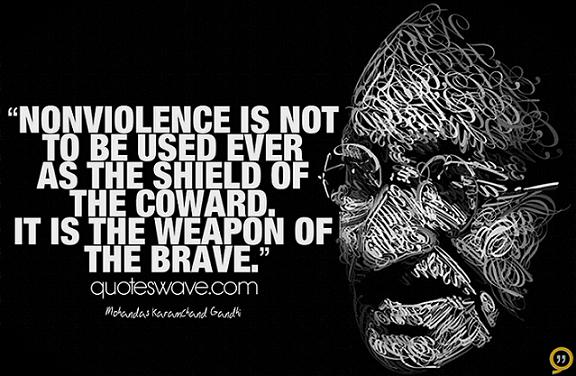
Communication That Blocks Compassion
- “One kind of life-alienating communication is the use of moralistic judgments that imply wrongness or badness on the part of people who don’t act in harmony with our values. Such judgments are reflected in language: ‘The problem with you is that you’re too selfish.’ ‘She’s lazy.’ ‘They’re prejudiced.’ ‘It’s inappropriate.’ Blame, insults, put-downs, labels, criticism, comparisons, and diagnoses are all forms of judgment...When we speak this language, we judge others and their behavior while preoccupying ourselves with who’s good, bad, normal, abnormal, responsible, irresponsible, smart, ignorant, etc.”
- “Thus if my partner wants more affection than I’m giving her, she is ‘needy and dependent.’ But if I want more affection than she is giving me, then she is ‘aloof and insensitive.’ If my colleague is more concerned about details than I am, he is ‘picky and compulsive.’ On the other hand, if I am more concerned about details than he is, he is ‘sloppy and disorganized.’”
- “It is my belief that all such analyses of other human beings are tragic expressions of our own values and needs.”
- “Another kind of life-alienating communication is denial of responsibility...We deny responsibility for our actions when we attribute their cause to factors outside ourselves:”
- Vague, impersonal forces: “I cleaned my room because I had to.”
- Our condition, diagnosis, or personal or psychological history: “I drink because I am an alcoholic.”
- The dictates of authority: “I lied to the client because the boss told me to.”
- Institutional policies, rules, and regulations: “I have to suspend you for this infraction because it’s the school policy.”
- “We are dangerous when we are not conscious of our responsibility for how we behave, think, and feel.”
- “Most of us grew up speaking a language that encourages us to label, compare, demand, and pronounce judgments rather than to be aware of what we are feeling and needing.”
Observing Without Evaluating
- “The Indian philosopher J. Krishnamurti once remarked that observing without evaluating is the highest form of human intelligence.”
- “For most of us, it is difficult to make observations, especially of people and their behavior, that are free of judgment, criticism, or other forms of analysis.”
Separating Feelings from Thoughts
- “A common confusion, generated by the English language, is our use of the word feel without actually expressing a feeling. For example, in the sentence, ‘I feel I didn’t get a fair deal,’ the words I feel could be more accurately replaced with I think...[We need to] distinguish feelings from thoughts.”
- “Likewise, it is helpful to differentiate between words that describe what we think others are doing around us, and words that describe actual feelings. The following are examples of statements that are easily mistaken as expressions of feelings: in fact they reveal more how we think others are behaving than what we are actually feeling ourselves.”
- “I feel unimportant to the people with whom I work.”
- “I feel misunderstood.”
- “I feel ignored.”
- “NVC distinguishes the expression of actual feelings from words and statements that describe thoughts, assessments, and interpretations.”

Taking Responsibility for Our Feelings
- “NVC heightens our awareness that what others say and do may be the stimulus, but never the cause of our feelings. We see that our feelings result from how we choose to receive what others say and do, as well as from our particular needs and expectations in that moment...We are led to accept responsibility for what we do to generate our own feelings.”
- “Judgments, criticisms, diagnoses, and interpretations of others are all alienated expressions of our needs. If someone says, ‘You never understand me,’ they are really telling us that their need to be understood is not being fulfilled.”
- “When we express our needs indirectly through the use of evaluations, interpretations, and images, others are likely to hear criticism. And when people hear anything that sounds like criticism, they tend to invest their energy in self-defense or counterattack.”
- “It has been my experience over and over again that from the moment people begin talking about what they need rather than what’s wrong with one another, the possibility of finding ways to meet everybody’s needs is greatly increased.”
Think you’d like this book?
Other books you may enjoy:
- Fierce Conversations by Susan Scott
- How to Win Friends and Influence People by Dale Carnegie
- Crucial Conversations by Kerry Patterson, Joseph Grenny, Ron McMillan, and Al Switzler
Other notable books by the author:
- Living Nonviolent Communication
- Speak Peace in a World of Conflict
- The Surprising Purpose of Anger
Want to become a stronger leader?
Sign up to get my exclusive
10-page guide for leaders and learners.
